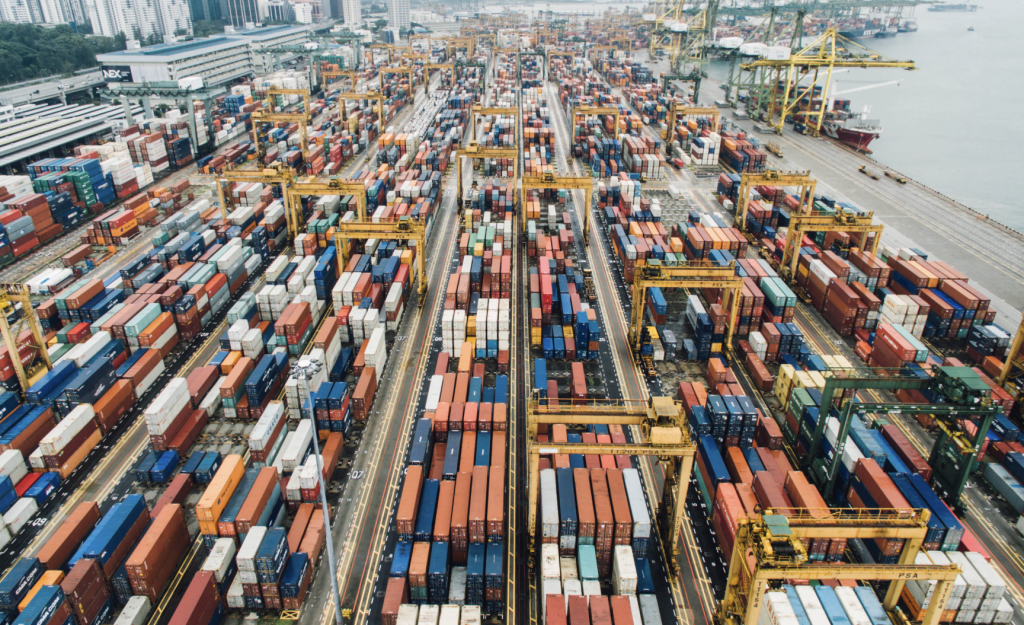Last year, the European Commission introduced a proposal known as the Directive on Corporate Sustainability Due Diligence Directive (“CSDDD”) – or the European Union Supply Chain Act. In a previous article (Part I of this series), we discussed the national initiatives within the European Union that are focused on developing due diligence frameworks alongside the EU-wide process of adopting and implementing the CSDDD. In this article, we examine the current status of the CSDDD, the anticipated timeline for its approval and implementation, and what compliance with the directive actually looks like for the companies that will be exposed to it.
Since the introduction of the CSDDD by the European Commission in February 2022, significant progress has been made on the topic of conducting human rights and environmental due diligence, both within specific jurisdictions and at the European Union level. The CSDDD approval is expected by early 2024 and its implementation by early 2026. Germany passed its supply chain due diligence bill in 2023, France in 2016, Belgium, Spain and the Netherlands have introduced law proposals on the issue, as well – which serve as indications that the landscape is changing.
Against this background, companies are likely to be exposed to environmental and human rights due diligence obligations by way of the CSDDD or independent national legislation – and either as a result of the direct application of regulation to companies, themselves, or as a result of their involvement in the value chain of an undertaking subject to such regulation. In any case, companies will most likely have to comply with environmental and human rights due diligence obligations sooner rather than later.
Compliance – Against that background, it is worth asking what will companies have to do to be compliant? The CSDDD will establish guidelines for companies to address and minimize the environmental impact and human rights abuses resulting from their operations. Companies will be obligated to conduct due diligence not only within their own activities but also across their subsidiaries and other business partners. Companies will have to develop and implement “prevention action plans” and obtain contractual commitments from their business partners to adhere to these plans. Furthermore, companies will be legally responsible for verifying compliance with the agreed-upon measures.
In addition to what feels like an influx of paperwork and bureaucracy, these obligations also mean that companies will need to financially invest in suppliers “downstream” in order to support them in becoming compliant with international standards. Impacts are, thus, really far reaching.
Applicability – The CSDDD will apply directly to all EU and non-EU “large companies” that are selling goods and services on the EU market. These are companies larger than 500 employees, or with a turnover superior to 40 million euros. However, any small and medium-sized enterprise (“SME”) that is part of the supply chain of a large company will have to apply the regulation and be compliant with all human rights and environmental standards, as the large companies upstream will ask the SMEs to provide them with all proof of their own supply chain due diligence.
Risks – As of today, the CSDDD aims to provide full compensation for victims of human rights and/or environmental adverse impacts when the following four conditions are met: (a) damage is caused to a natural or legal person; (b) there has been a breach of due diligence obligations; (c) there is a causal link between (i) and (ii); and (d) there is fault (intention or negligence).
International Standards – The scope of the CSDDD is not yet definitive, but among others, these international standards will be covered:
– United Nations Guiding Principles on Business and Human Rights
– OECD Guidance on Responsible Business Conduct and sectoral guidance
– International Labour Organisation (ILO) Tripartite Declaration of Principles concerning Multinational Enterprises and Social Policy
– United Nations’ Sustainable Development Goals
– Paris Agreement under the United Nations Framework Convention on Climate Change adopted on December 12, 2015
– Glasgow Climate Pact
– The EU Commission’s 2030 Climate Target Plan
Keep in mind that the food and agriculture industry is also undergoing similar structural changes. This sector is already heavily impacted by recent EU legislation that outlaws a list of unfair trading practices in the agricultural and food supply chain, including late payments, short notice cancellation and unilateral contract changes by the buyer.
The task of complying with the CSDDD will be an immense and daunting one for companies (more about this, including concerns about competitiveness, can be found in Part I), but also constitutes an opportunity to shift the course of trading practices. Ensuring that a company is compliant means setting up a business for success and secure, long-lasting business relationships. Particular attention should be paid to the timing of enactment. Although it is only scheduled for 2026, given the magnitude of the task of being compliant, it will be best to pay full attention to these future rules as early as tomorrow.
Lidia Mahillon is an ESG Consultant at Seeds. She specializes in commercial and economic law, environmental law, and sustainability.
Koen De Puydt is a Partner at Seeds, where he specializes in commercial and economic law, real estate, administrative law, construction law, urban planning and environmental law, and sustainability.











